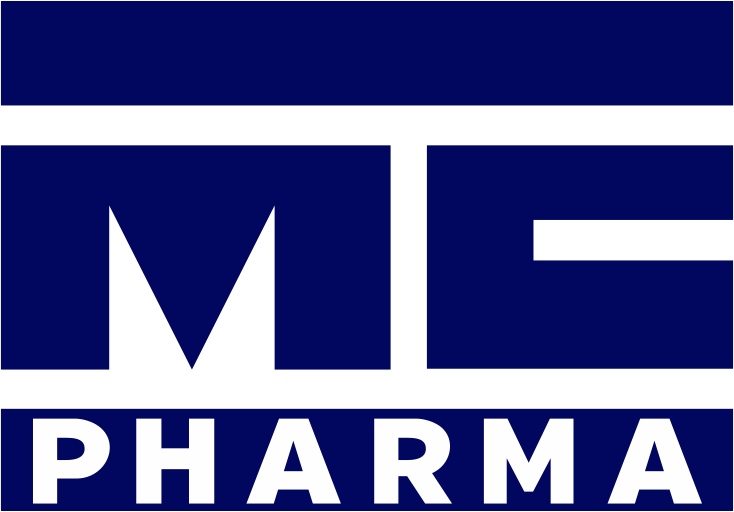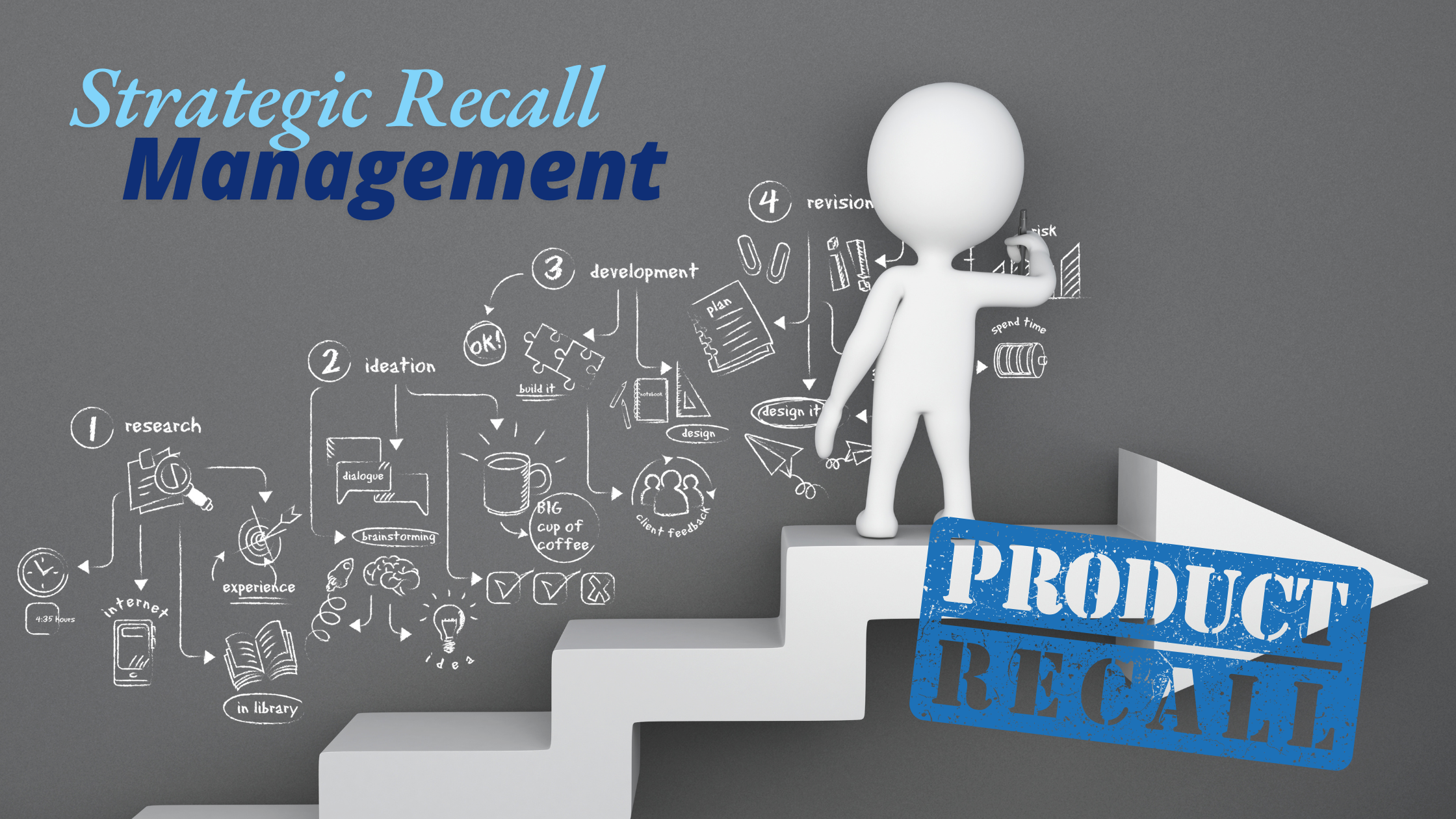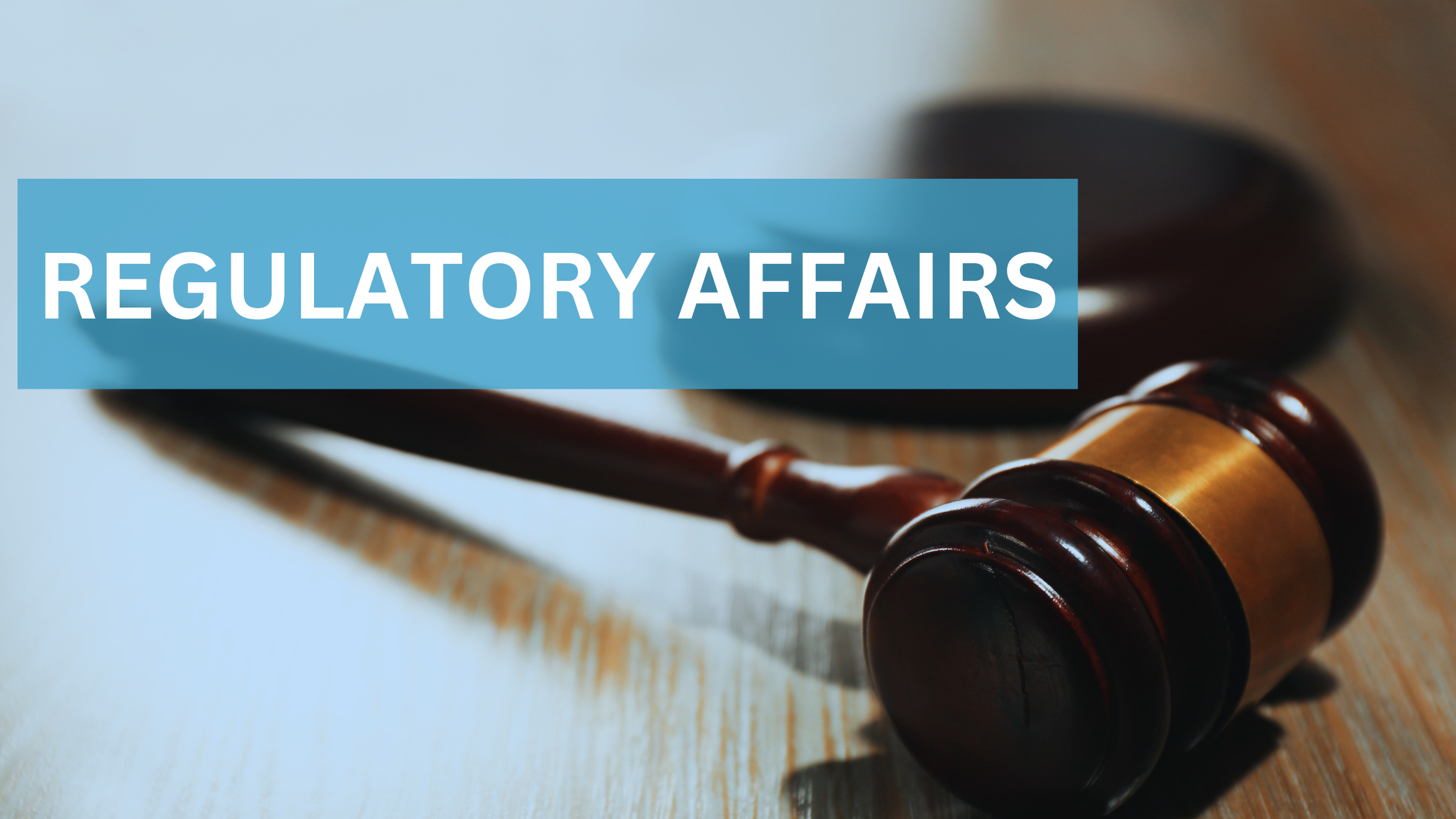Breaking down the role of regulatory affairs in the pharmaceutical industry
In the intricate ecosystem of the pharmaceutical industry, regulatory affairs stand as pillars of assurance, meticulously safeguarding the safety, efficacy, and quality of medicinal products. Operating within a highly regulated environment, the pharmaceutical sector prioritizes the preservation of public health and the maintenance of rigorous industry standards. At the forefront of this endeavor are regulatory affairs professionals, serving as vigilant gatekeepers. They adeptly navigate the labyrinthine landscape of regulations, ensuring compliance while facilitating the journey of innovative treatments from conception to market. In this introduction, we delve into the pivotal role of regulatory affairs in the pharmaceutical industry, illuminating their significance in safeguarding public health and driving advancements in medicine.
Understanding Regulatory Affairs
Regulatory affairs constitute the intricate processes and activities essential for securing and upholding regulatory approvals for pharmaceutical products. This encompasses a broad spectrum of tasks, ranging from the inception stages of drug development to the meticulous oversight of post-marketing surveillance. As the custodians of compliance within the pharmaceutical realm, regulatory affairs professionals navigate the labyrinth of regulations with precision and diligence, ensuring that every aspect of product development and marketing adheres to stringent standards.
The evolution of regulatory affairs within the pharmaceutical sector mirrors the dynamic nature of the industry itself. Over time, these practices have adapted in response to scientific breakthroughs, the forces of globalization, and the ever-shifting landscapes of regulatory oversight. As such, the role of regulatory professionals has undergone significant expansion, encompassing not only the traditional realms of approval processes but also the proactive anticipation and resolution of emerging challenges. This evolution underscores the pivotal role these professionals play in fostering innovation while safeguarding public health.
Key Responsibilities of Regulatory Affairs Professionals
In the drug approval process, regulatory affairs professionals serve as adept navigators, guiding pharmaceutical products through a complex web of regulatory requirements. From the initial stages of preclinical testing to the culmination of clinical trials, these professionals orchestrate the intricate journey toward regulatory approval, ensuring adherence to rigorous standards every step of the way.
Compliance with regulations and guidelines stands as a cornerstone of their responsibilities. In a landscape shaped by both local and international regulatory frameworks, regulatory affairs professionals interpret and implement guidelines laid out by regulatory agencies. Their meticulous attention to detail ensures that products meet the highest standards of quality and safety, safeguarding the well-being of consumers and maintaining the integrity of the pharmaceutical industry.
In labeling and packaging requirements, regulatory affairs professionals play a crucial role in ensuring clarity and accuracy. They oversee compliance with labeling regulations, ensuring that product information is communicated clearly and comprehensively to healthcare professionals and patients alike. By upholding these standards, they contribute to the transparency and accessibility of vital information, empowering individuals to make informed decisions about their healthcare.
The responsibilities of regulatory affairs professionals extend beyond the initial stages of approval, encompassing ongoing surveillance and reporting in the post-marketing phase. Vigilantly monitoring the safety and efficacy of marketed products, these professionals conduct surveillance activities to detect and address any adverse events promptly. Through their diligent reporting to regulatory authorities, they uphold the commitment to transparency and accountability, ensuring that regulatory standards continue to be met long after products reach the market.
Regulatory Agencies and Their Role
In the domain of regulatory agencies, the FDA (Food and Drug Administration) stands as the foremost authority in the United States. Tasked with safeguarding public health, the FDA plays a indispensable role in regulating the approval, manufacturing, and marketing of pharmaceutical products. Through its rigorous oversight, the FDA ensures that products meet stringent standards of safety, efficacy, and quality, instilling confidence in both healthcare professionals and consumers alike.
Across the Atlantic, the EMA (European Medicines Agency) assumes a similar role as the regulatory agency for the European Union. Charged with overseeing the evaluation and authorization of medicinal products for use within the EU, the EMA upholds standards of excellence in pharmaceutical regulation. By harmonizing regulatory practices and fostering collaboration among member states, the EMA facilitates access to safe and effective medicines for millions of individuals across Europe.
Beyond these prominent agencies, a multitude of other global regulatory bodies play integral roles in shaping the pharmaceutical landscape. From Health Canada to the Pharmaceuticals and Medical Devices Agency (PMDA) in Japan, these entities contribute to the global framework of regulatory oversight. By fostering cooperation and alignment across borders, these regulatory bodies ensure that pharmaceutical products adhere to consistent standards of safety and efficacy, promoting public health on a global scale.
Career Paths in Regulatory Affairs
In the realm of educational requirements and skills, aspiring regulatory affairs professionals are typically expected to possess a background in life sciences, pharmacy, or regulatory affairs. This foundation provides them with the necessary understanding of scientific principles and regulatory processes essential for success in the field. Additionally, regulatory affairs professionals must cultivate strong analytical, communication, and problem-solving skills to thrive in this dynamic industry. The ability to interpret complex regulations, communicate effectively with stakeholders, and navigate regulatory challenges with creativity and precision are indispensable traits for success in regulatory affairs.
The field of regulatory affairs offers a diverse array of job opportunities and roles, spanning across pharmaceutical companies, regulatory agencies, and consulting firms. From regulatory affairs specialists tasked with shepherding products through the approval process to regulatory affairs managers overseeing compliance efforts, the career paths in regulatory affairs are varied and rewarding. Regulatory consultants also play a vital role, offering expertise and guidance to companies navigating the complexities of regulatory compliance.
Continuous professional development is essential for regulatory affairs professionals to stay abreast of evolving regulations and industry trends. This commitment to lifelong learning ensures that professionals remain equipped with the latest knowledge and skills needed to excel in their roles. Certifications such as the Regulatory Affairs Certification (RAC) serve as valuable credentials, demonstrating proficiency and dedication to the field. By investing in ongoing education and obtaining relevant certifications, regulatory affairs professionals can enhance their expertise and advance their careers in this dynamic and vital industry.
Outlook
In forecasting the future of regulatory affairs, it becomes evident that technological advancements, globalization, and evolving regulatory requirements will shape its trajectory. Forecasts indicate a heightened reliance on data-driven decision-making processes, leveraging the power of analytics and artificial intelligence to inform regulatory strategies and streamline processes. Additionally, there is an anticipated increase in collaboration between regulatory agencies and industry stakeholders, fostering a more harmonized and efficient regulatory environment. This collaborative approach is poised to drive innovation, accelerate the pace of drug development, and ultimately improve patient outcomes on a global scale.
However, with these opportunities come challenges on the horizon that regulatory affairs professionals must navigate adeptly. As the pharmaceutical landscape evolves, professionals in this field must remain agile, adapting to emerging trends and seizing new opportunities. Rapid advancements in areas such as personalized medicine, gene therapy, and digital health present both promise and complexity, requiring regulatory frameworks to evolve in tandem. Moreover, navigating the complexities of international regulations and ensuring compliance amidst shifting geopolitical landscapes present ongoing challenges. By embracing innovation, fostering collaboration, and maintaining a steadfast commitment to patient safety and regulatory compliance, regulatory affairs professionals can overcome these challenges and continue to drive advancements in bringing life-saving treatments to market.
In conclusion, the intricate ecosystem of the pharmaceutical industry relies heavily on the steadfast guardianship of regulatory affairs professionals. As pillars of assurance, they ensure the safety, efficacy, and quality of medicinal products, navigating a labyrinth of regulations with precision and diligence. Their role extends from the inception stages of drug development to post-marketing surveillance, ensuring compliance with rigorous standards every step of the way.
The evolution of regulatory affairs mirrors the dynamic nature of the industry, adapting to scientific breakthroughs, globalization, and emerging challenges. Regulatory agencies such as the FDA and EMA play pivotal roles in upholding standards of excellence, while international harmonization efforts aim to streamline global processes and improve access to medicines worldwide.
Despite facing challenges posed by rapid advancements in science and technology, regulatory affairs professionals embrace innovation and collaboration to drive advancements in bringing life-saving treatments to market. With a commitment to patient safety and regulatory compliance, they navigate the complexities of international regulations and seize new opportunities, ensuring a bright future for the pharmaceutical industry.
FAQ
Q: What are the key responsibilities of regulatory affairs professionals?
A: Their responsibilities encompass guiding pharmaceutical products through regulatory approval processes, interpreting and implementing regulations and guidelines, ensuring compliance with labeling and packaging requirements, and conducting post-marketing surveillance to monitor product safety and efficacy.
Q: How do emerging technologies impact regulatory affairs in the pharmaceutical industry?
A: Emerging technologies such as artificial intelligence, big data analytics, and blockchain offer transformative potential in streamlining regulatory processes, expediting drug development, and bolstering compliance efforts. These innovations pave the way for more efficient and transparent regulatory practices.
Q: What are the future trends and challenges in regulatory affairs?
A: The future of regulatory affairs will be shaped by technological advancements, globalization, and evolving regulatory requirements. While opportunities for innovation and collaboration abound, professionals must also navigate challenges posed by rapid advancements in science and technology, shifting demographics, and geopolitical landscapes. Embracing innovation, fostering collaboration, and maintaining a commitment to patient safety and regulatory compliance will be key to overcoming these challenges and driving advancements in the pharmaceutical industry.









